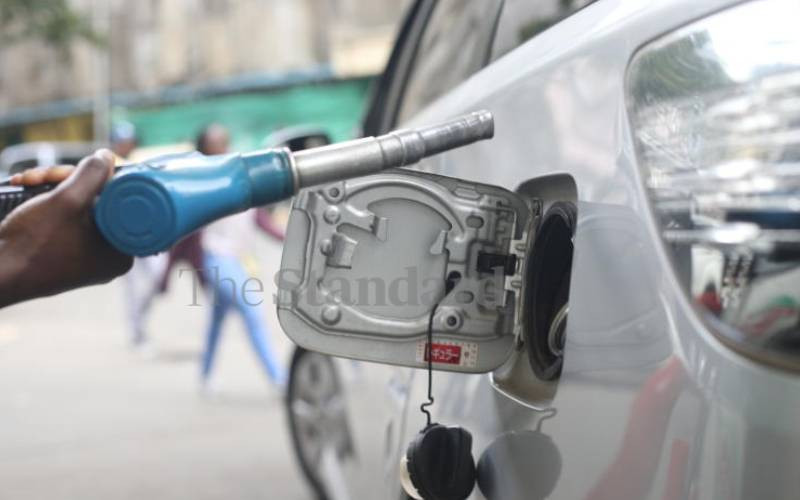
India’s economy defied global headwinds to grow at 7.2 per cent last year, cementing its position as one of the fastest-growing major economies across the globe.
A recent World Bank economic update on India shows the Asian country's resilience was underpinned by domestic demand and strong public infrastructure investment.
“Despite significant global challenges, India was one of the fastest-growing major economies in the Financial Year 2022/2023 at 7.2 per cent,” said the recent India Development Update (IDU) released by the World Bank.
According to the World Bank, India’s growth rate was the second-highest among G20 countries and almost twice the average for emerging market economies.
"This resilience was underpinned by robust domestic demand, strong public infrastructure investment and a strengthening financial sector,” it said.
Released in October 2023, the IDU is the World Bank’s flagship half-yearly report on the Indian economy.
The report predicts that global headwinds "will continue to persist and intensify" due to high global interest rates, geopolitical tensions, and sluggish global demand.
The report projects global economic growth will, therefore, slow down over the medium term against a background of these combined factors.
India could consequently take a hit, with the World Bank forecasting India’s GDP growth for this year to be 6.3 per cent.
“The expected moderation is mainly due to challenging external conditions and waning pent-up demand,” said the World Bank.
However, India’s service sector activity is expected to remain strong with a growth of 7.4 per cent, and investment growth is also projected to remain robust at 8.9 per cent.
“An adverse global environment will continue to pose challenges in the short term," said World Bank's Country Director in India Auguste Tano Kouame in a statement.
“Tapping public spending that crowds in more private investments will create more favourable conditions for India to seize global opportunities in the future and thus achieve higher growth.”
India, which is Asia's third-largest economy, has been trying to attract global corporations, including offering tax and other incentives.
According to the World Bank update, adverse weather conditions contributed to a spike in inflation in recent months.
India has, however, been battling raging inflation with the cost-of-living measure having risen to 7.8 per cent in July last year.
But inflation is expected to decrease gradually as food prices come down and government measures increase the supply of key commodities, said the World Bank.
“While the spike in headline inflation may temporarily constrain consumption, we project a moderation. Overall conditions will remain conducive for private investment,” said World Bank senior economist and lead author of the report Dhruv Sharma.
“The volume of foreign direct investment is also likely to grow in India as rebalancing of the global value chain continues."
 The Standard Group Plc is a multi-media organization with investments in media
platforms spanning newspaper print operations, television, radio broadcasting,
digital and online services. The Standard Group is recognized as a leading
multi-media house in Kenya with a key influence in matters of national and
international interest.
The Standard Group Plc is a multi-media organization with investments in media
platforms spanning newspaper print operations, television, radio broadcasting,
digital and online services. The Standard Group is recognized as a leading
multi-media house in Kenya with a key influence in matters of national and
international interest.
 The Standard Group Plc is a multi-media organization with investments in media
platforms spanning newspaper print operations, television, radio broadcasting,
digital and online services. The Standard Group is recognized as a leading
multi-media house in Kenya with a key influence in matters of national and
international interest.
The Standard Group Plc is a multi-media organization with investments in media
platforms spanning newspaper print operations, television, radio broadcasting,
digital and online services. The Standard Group is recognized as a leading
multi-media house in Kenya with a key influence in matters of national and
international interest.










